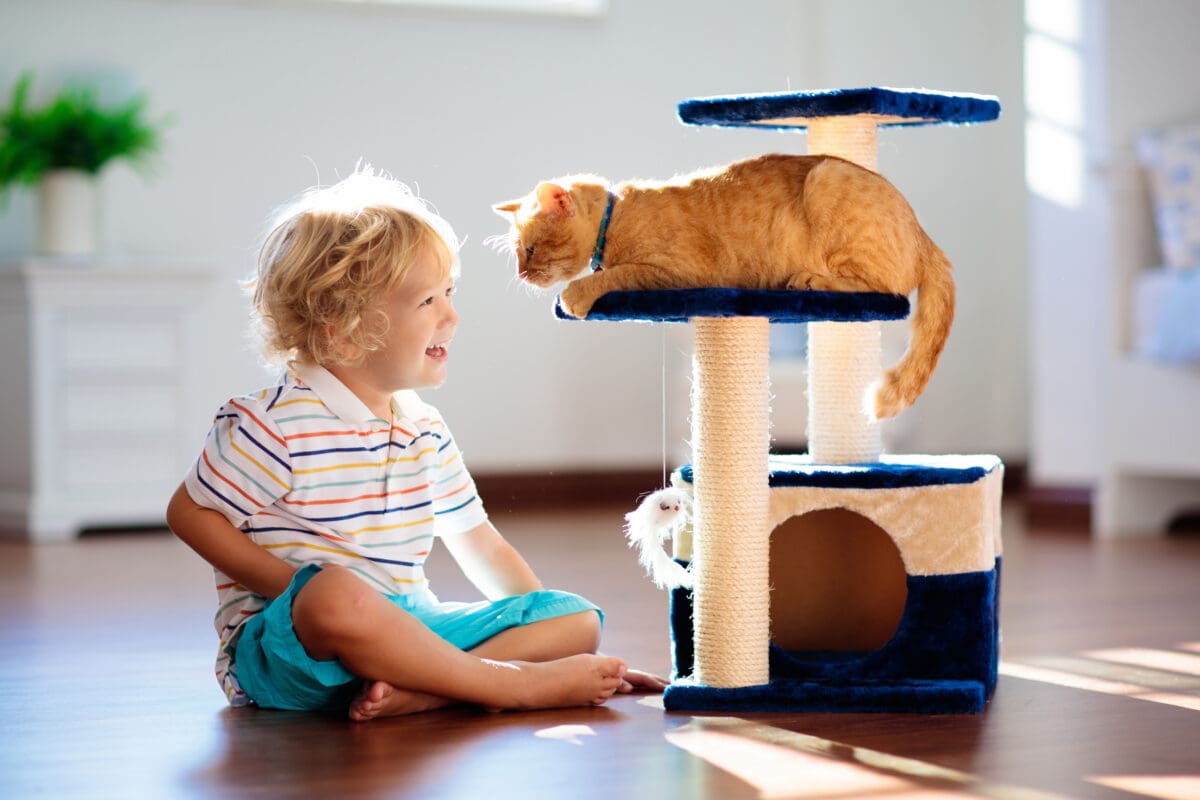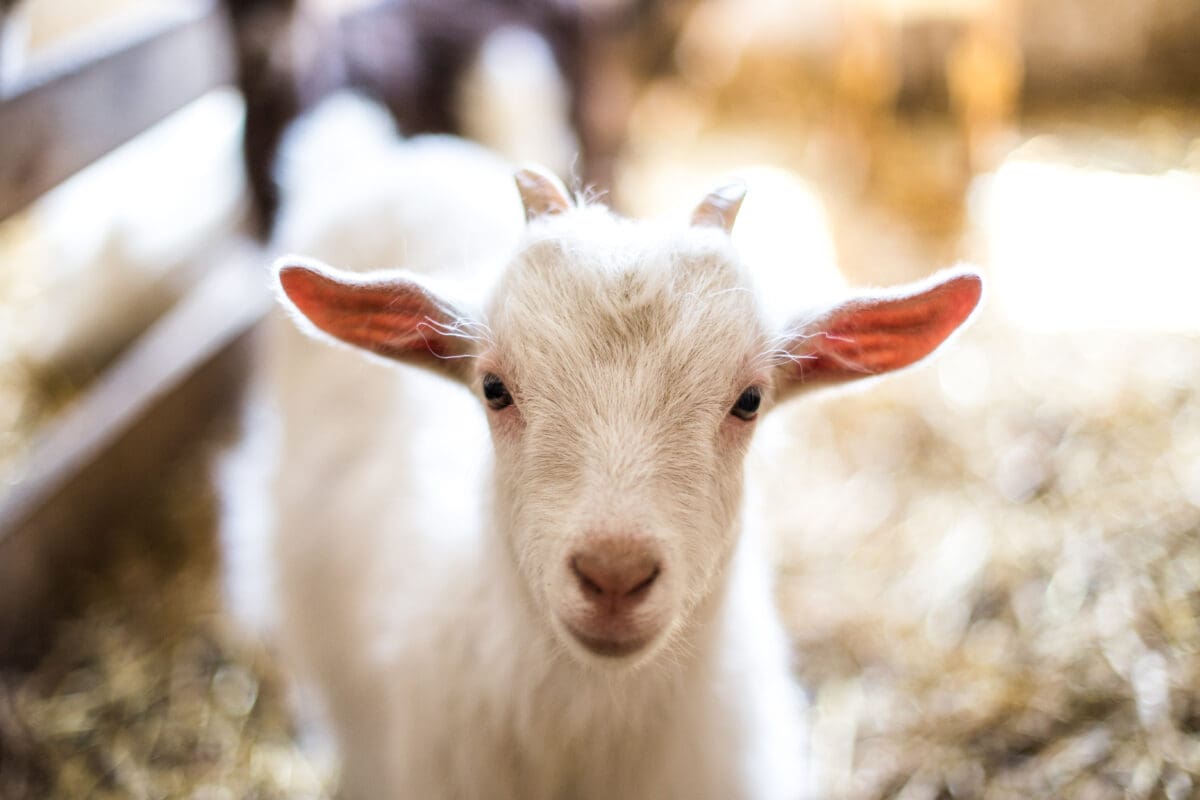Looking for animal-friendly activities for kids? Try these 5 activities to help your children develop a love of animals!
There is something special about the bond between children and animals.
Children are fascinated by animals; they are able to connect with them on an emotional level and empathize with their perspective. Having empathy for animals helps children to grow in a number of ways. Children who learn to respect animals also:
But how can parents and caregivers help children foster a love of animals?
This question has come up recently in the Lower Mainland, where the City of New Westminster launched a public consultation seeking feedback and ideas from residents for alternatives to the Queen’s Park petting farm. This is a great move toward more animal-friendly public spaces; you can read more about why replacing the petting farm is a win for animal welfare and public health and safety in our latest blog post.
Luckily, there are many ways for children to develop empathy for animals outside of petting farms. Keep reading for more ideas!
1. Go for a wildlife walk
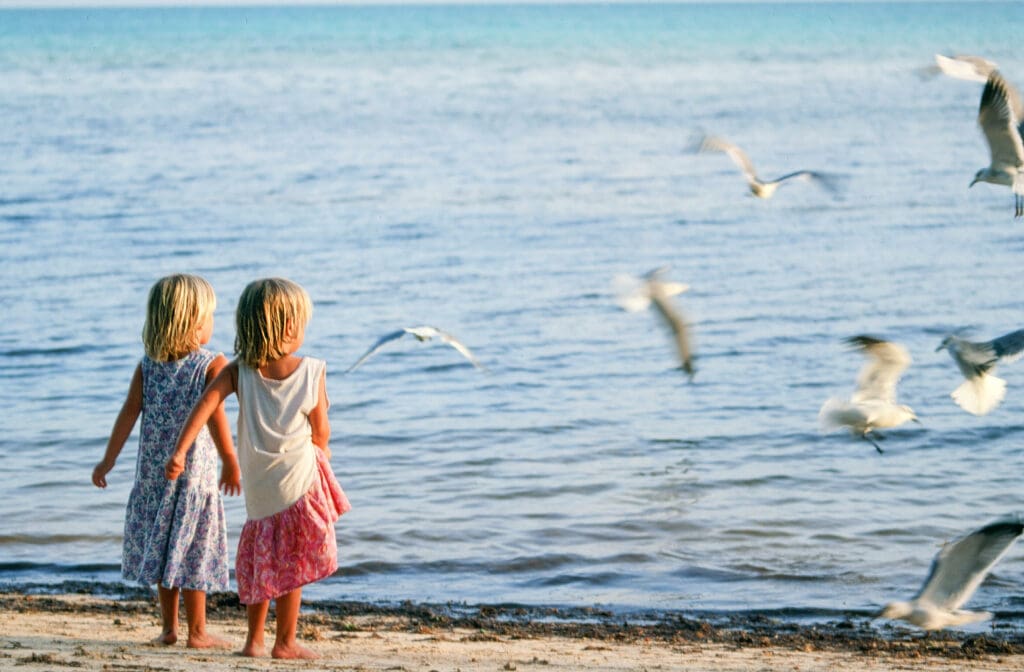
New Westminster and the rest of the Lower Mainland are filled with beautiful walking trails! You can also spot many species of urban wildlife like squirrels and pigeons around the city. Try visiting a local trail or park to look for birds, squirrels, frogs, and other small wildlife.
Seeing wild animals can give children the same sense of wonder as seeing captive ones—without causing animal suffering. Bonus: this activity has an added educational element! Viewing wildlife from a distance helps children to understand that humans share our environment with many animals who should be given space and respect.
2. Watch a wildlife webcam
Looking to learn about other ecosystems and animals a little farther from home? There are many webcams set up around the world to observe wildlife in their natural habitats, like this daily live safari or these orca cameras right here in B.C.
Talk about what the animals are doing, such as looking for food to eat or caring for their babies. Caregivers can also introduce children to the concept of conservation by explaining that it’s important to have spaces in nature where animals can live free.
3. Visit a farm sanctuary
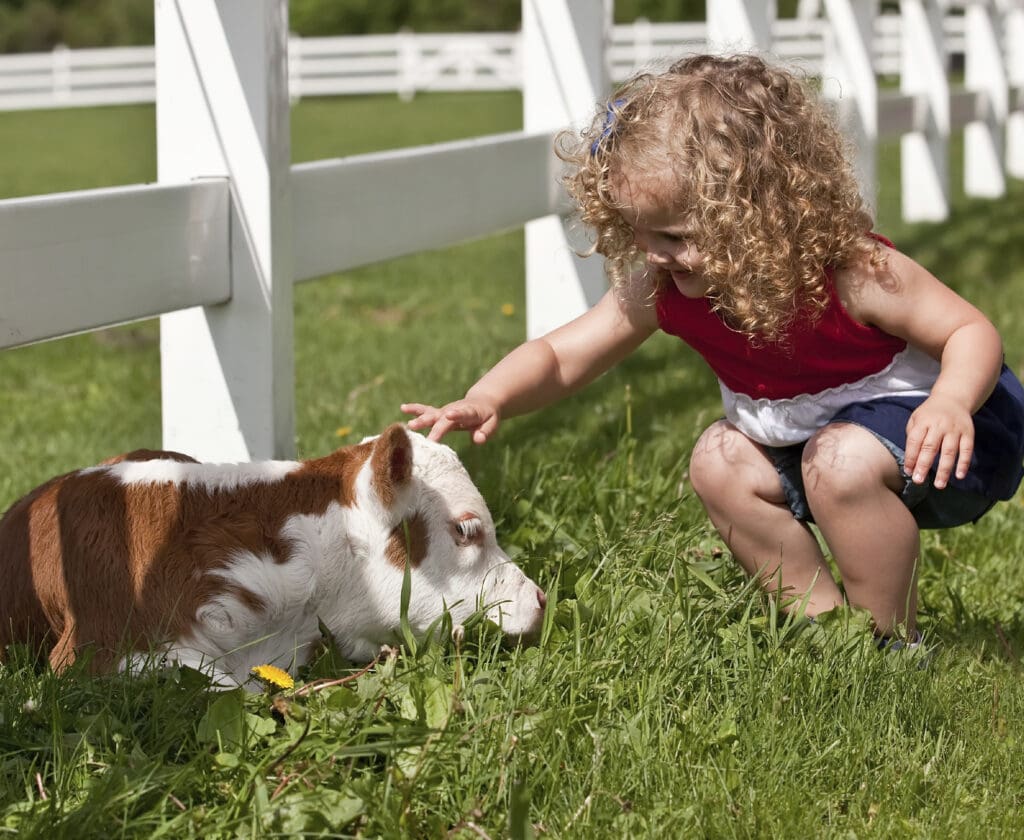
If you’re able to travel a little farther, consider visiting a farm sanctuary or even volunteering! Farm sanctuaries value compassion for all living beings, so children can learn about having empathy for animals and creating a kinder world. You can find a map of farm sanctuaries near you from P.E.A.C.E.
If you don’t have the chance to take a day trip, you can still learn all about farm sanctuaries and meet some of the animals with this informative video from The Happy Herd.
4. Interact with companion animals
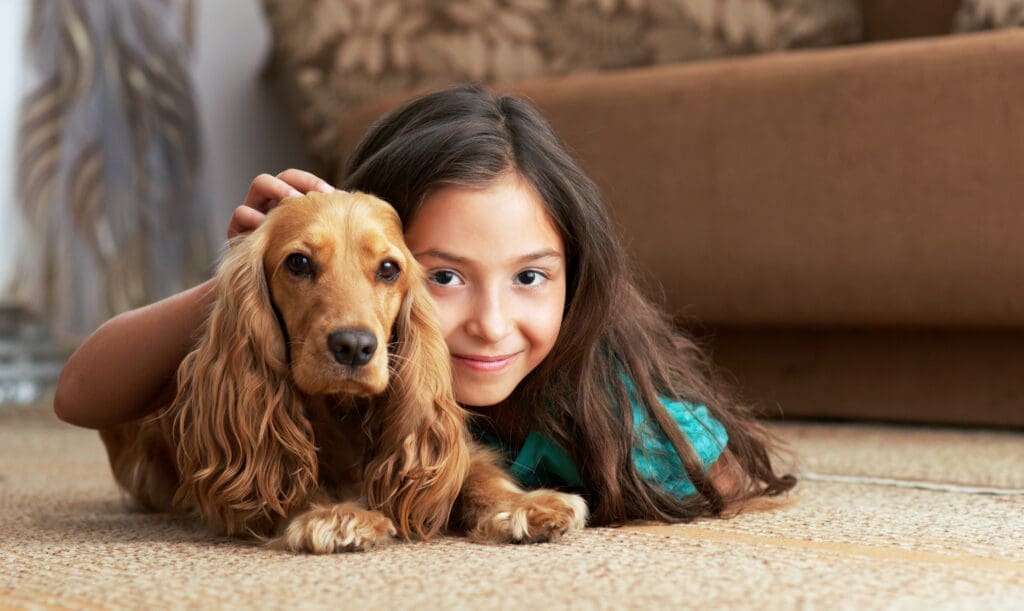
Having companion animals at home is a great way for children to learn to care for another life. However, not everyone can have animals in their home. If you are able to, consider visiting or meeting up with a friend and their companion animal so your child can meet and interact with them. Families with older children can also check whether their local animal shelter has youth volunteer opportunities.
Interacting with companion animals can help children to learn social skills like nonverbal cues. For instance, teaching a child that a dog wants to be patted when she is nuzzling, sniffing them, and wagging her tail; or that she wants her own space when she begins to walk away.
5. Read stories with animal characters
Children do not need to touch or even see animals to love them—just ask any kid who is obsessed with dinosaurs! Books do a great job of helping children empathize with characters they would not necessarily meet in their day to day life, including animals. Here are some of our favourite children’s books with animal characters:
After you read with your child, you can help them understand even more about the animal in the story by looking up child-friendly facts about that species.
Looking for more animal-friendly activities for kids?
Find more resources to help children learn about animals on the Vancouver Humane Society website.

